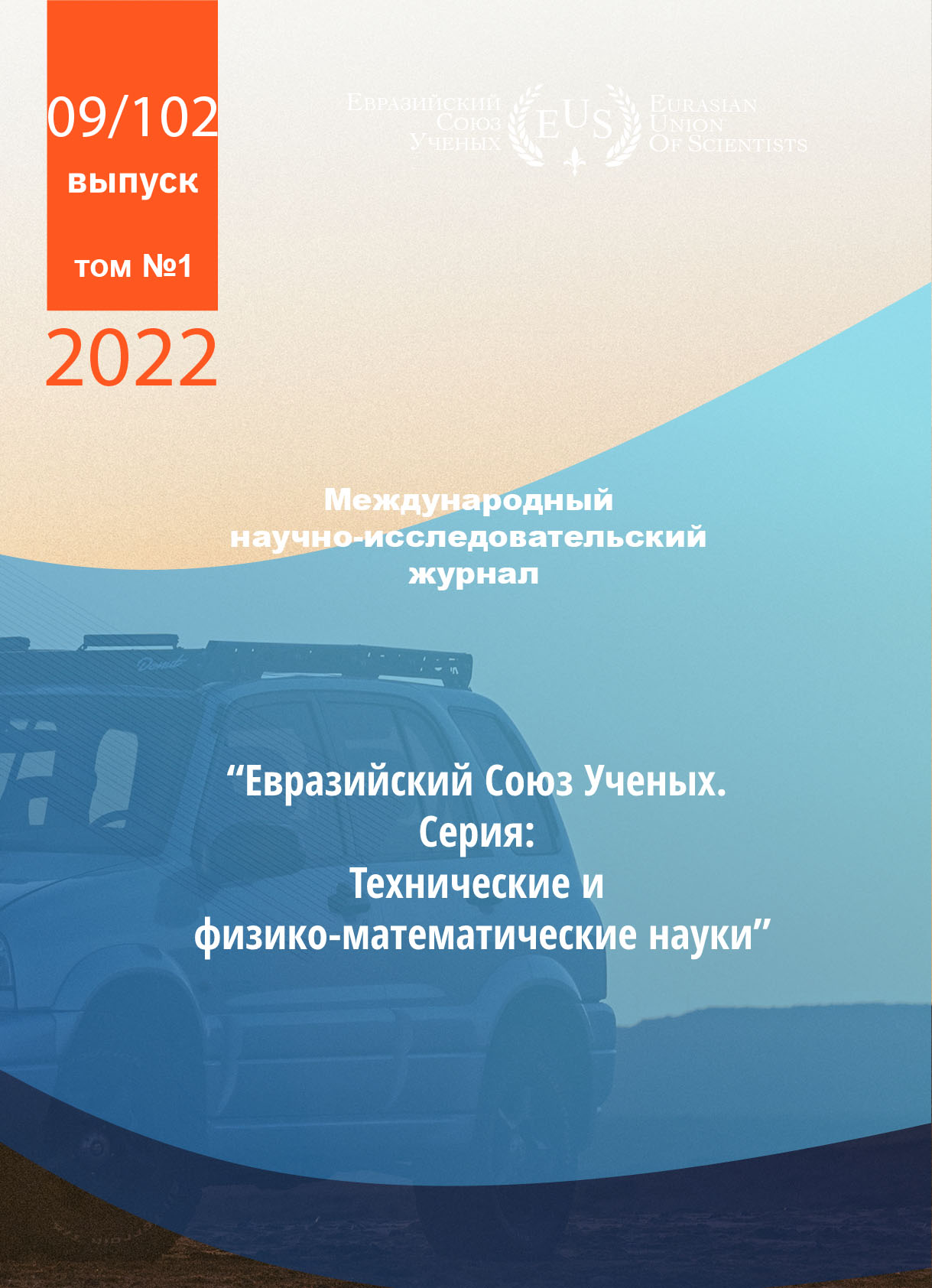ABOUT LOGIC PARADOXES
Abstract
The reasons of occurrence of logic paradoxes are considered(examined). One of which is not distinction forms
and maintenances(contents) of the statement - statement, infringement of the form, substitution of the
maintenance(contents). Other reason results from the contradiction between the formulation of the law excluded
the third and existence of inconsistent statements.
References
2. Ivin A.A. Po zakonam logiki. — M.: Molodaja gvardija, 1983. — 208 s., il. — (Jevrika).
3. Klajn M. Matematika. Utrata opredelennosti. /Per. s angl. Ju. A. Danilova, pod red. I. M. Jagloma. — M.: Mir, 1984. — 440 s.
4. Rozental' D. E. Spravochnik po pravopisaniju i literaturnoj pravke: Dlja rabotnikov pechati. — 5-e izd., isp. — M.: Kniga, 1989. — 320 s.
5. Aristotel'. Sochinenija v chetyreh tomah. T.2. Red. Z. N. Mikeladze. M: Mysl', 1978, 687 s.
6. Suhotin A. K. Paradoksy nauki. — M.: Molodaja gvardija, 1978. — 240 s., il. — (Jevrika).
7. Nachala Evklida. Knigi I-VI. Per. s grecheskogo i kommentarii D.D. MorduhajBoltovskogo. Gosudarstvennoe izdatel'stvo tehniko-teoreticheskoj literatury. MoskvaLeningrad. 1950. 448 s.
8. Frege G. Logika i logicheskaja semantika: Sbornik trudov. /Per. s nem. B. V. Birjukova pod red. Z. A. Kuzichevoj: Uchebnoe posobie dlja studentov vuzov. — M.: Aspekt Press, 2000. — 512 s.
9. Uspenskij V. A. Teorema Gjodelja o nepolnote. — M.: Nauka, 1982, — 112 s. (Populjarnye lekcii po matematiki).
CC BY-ND
A work licensed in this way allows the following:
1. The freedom to use and perform the work: The licensee must be allowed to make any use, private or public, of the work.
2. The freedom to study the work and apply the information: The licensee must be allowed to examine the work and to use the knowledge gained from the work in any way. The license may not, for example, restrict "reverse engineering."
2. The freedom to redistribute copies: Copies may be sold, swapped or given away for free, in the same form as the original.





